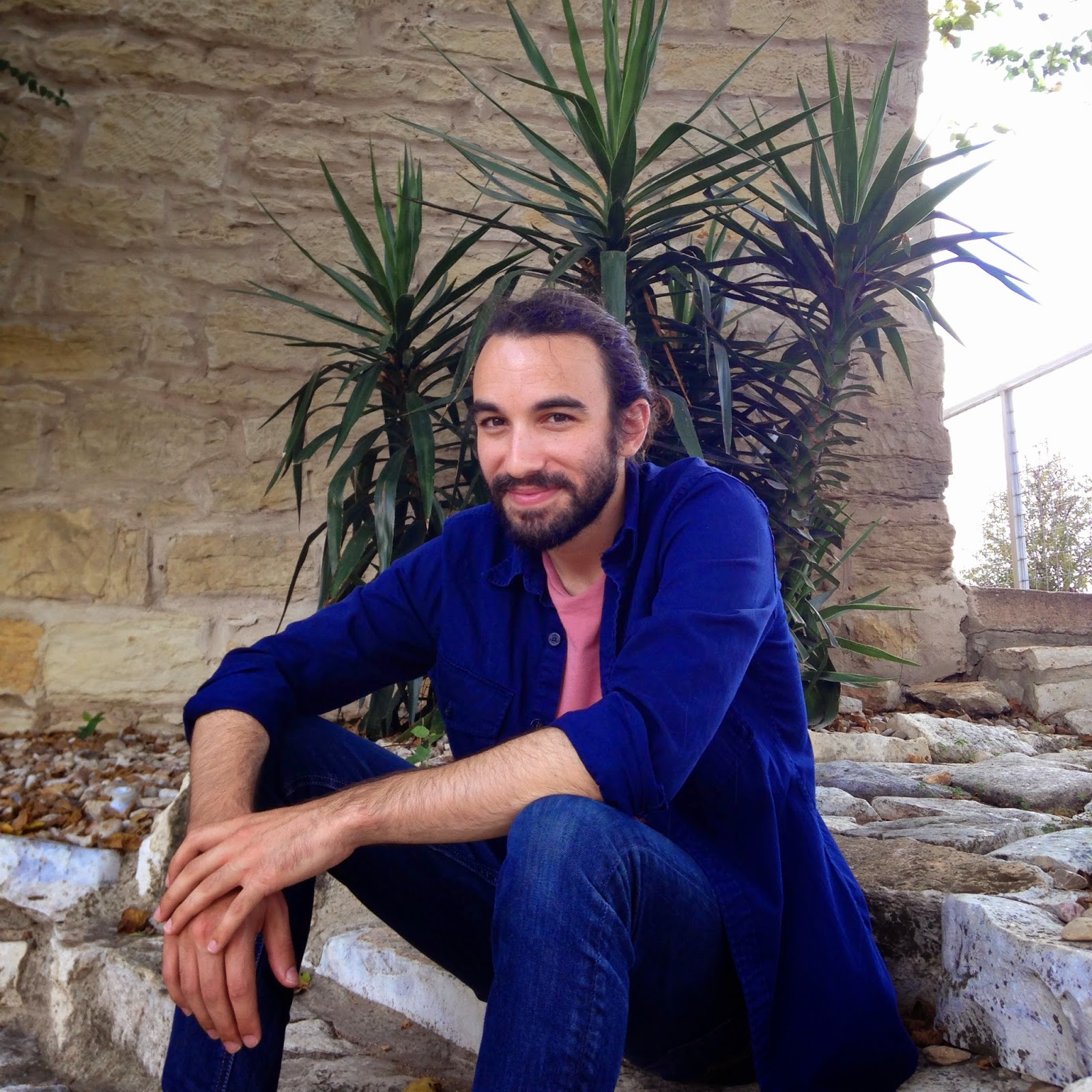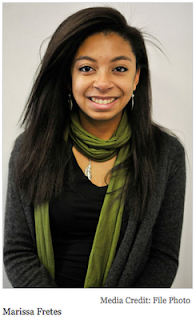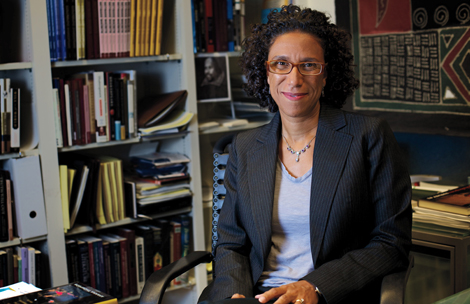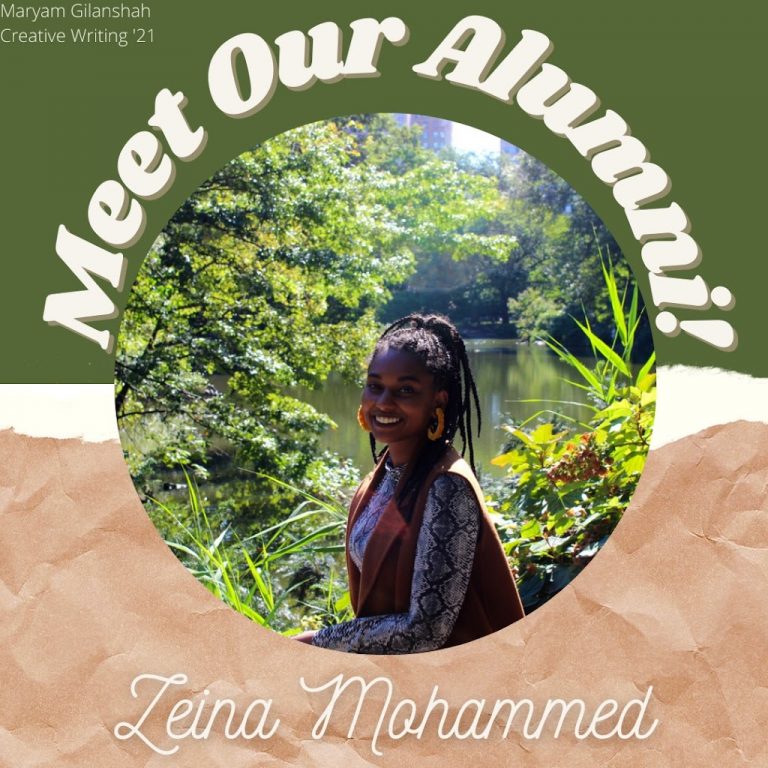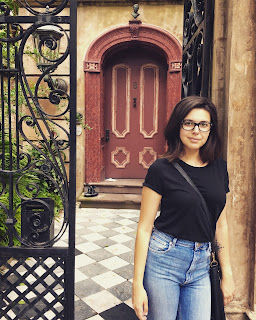GW English Alums on the Move: Dan Rudmann
GW English Grad Dan Rudmann: “My not-so-secret goal is to assist in aligning the Mahābhārata with more university literature departments, in the same way that we work on Beowulf or Grettir’s Saga.”
 |
| Dan Rudmann (BA ’05) Photo Credit: Tamara Becerra Valdez |
2. Were there teachers in the department who had a particular impact on you? If so, who? Why?
3. Why did you decide to be an English major? How has the intellectual background you got from that major affected your life?
4. Tell us about your graduate school, and about the focus of your studies. How did you get there from a background in English?
5. I know you also have a strong interest in music, and that you’ve been involved in that field as well. Tell us a little about that.
6. Once you’ve finished your graduate studies, would you like to teach? What do you see yourself doing in a few years?
7. Do you have any thoughts or advice about majoring in English for current GW students who read this blog?

